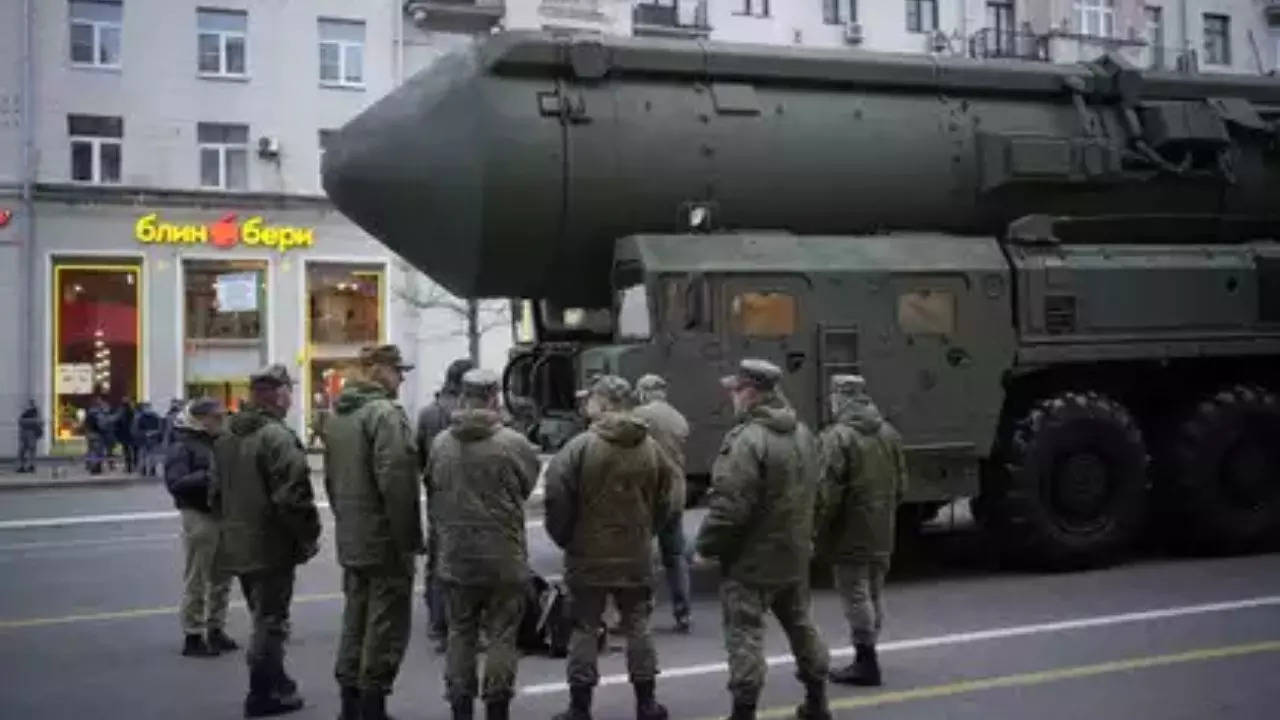After the collapse of the Soviet Union, Ukraine found itself in possession of a substantial nuclear arsenal. However, financial constraints and geopolitical concerns led to Ukraine voluntarily giving up its nuclear weapons. The 1994 Budapest Memorandum provided assurances of security, but these promises were shattered when Russia seized Crimea and backed separatist movements in Ukraine. The current Russia-Ukraine conflict underscores the vulnerabilities in Ukrainian security in the absence of nuclear deterrence. The repercussions of Ukraine’s decision to disarm continue to reverberate, emphasizing the importance of strategic decisions in international relations. The geopolitical landscape in Eastern Europe remains tense, with Ukraine grappling with security challenges as it navigates its relationship with Russia. The implications of Ukraine’s nuclear disarmament are a stark reminder of the complexities and uncertainties in global politics. As Ukraine continues to seek stability and security, the events following the disarmament serve as a cautionary tale for other nations facing similar decisions. The delicate balance between national security and international relations remains a pivotal issue for countries around the world, particularly those with nuclear capabilities. The case of Ukraine sheds light on the intricate dynamics at play in the realm of global security.

Posted in
JUST IN
Ukraine’s Nuclear Past: From Disarmament to Vulnerabilities in Russia-Ukraine Conflict.
In Trend

“India plans to launch its own digital currency, joining global trend towards central bank digital currencies”




















